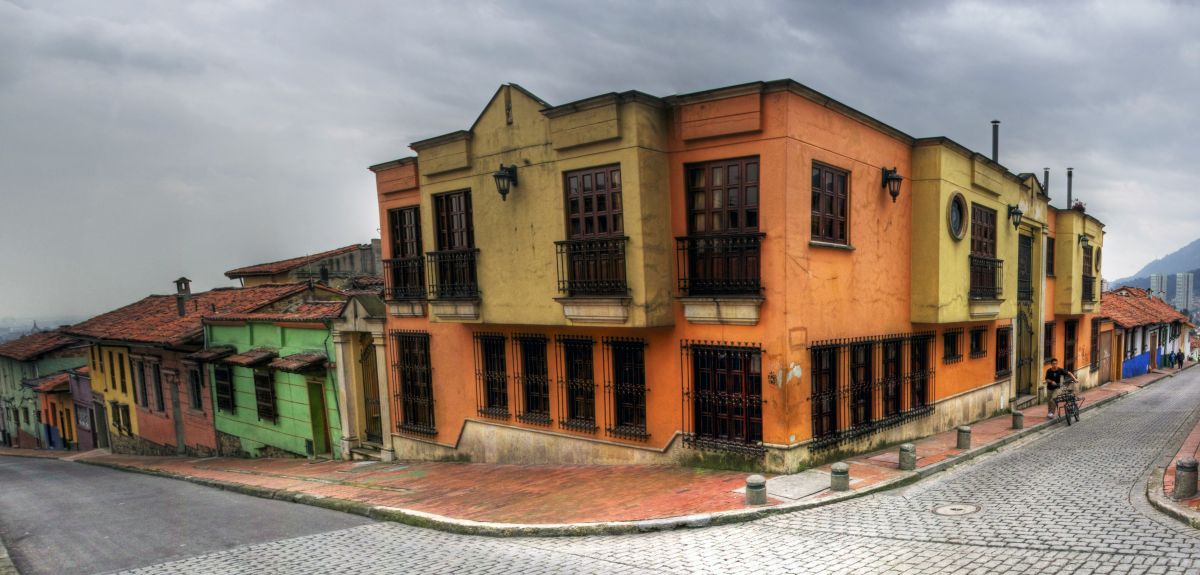
Marlusz Klusnlak (Flickr Creative Commons)
What is next for Colombia's peace deal?
Colombia's government and the Revolutionary Armed Forces of Colombia (FARC) rebel group recently reached a peace agreement, after four years of formal negotiations.
But last week, the Colombian people voted narrowly to reject the deal. One of the reasons for this was that some wanted tougher sanctions against FARC.
FARC have now come out and said that they remain committed to peace. The government has declared that the bilateral ceasefire will hold at least until the end of this month.
Dr Annette Idler is Director of the Changing Character of War Programme and an expert on Colombia. She explains what we should expect to happen next:
"Shortly after the announcement of the results, both President Juan Manuel Santos and FARC leader Timochenko addressed the public. Santos emphasized that the cease-fire and end of hostilities against civilians that took effect August 29 will hold.
Reaffirming his commitment to achieving peace, he said he will convene all political parties the day after the plebiscite to consult them on the next steps. Timochenko likewise reiterated his commitment to peace, stating that this shall be achieved with words rather than with arms.
Nevertheless, the risks for destabilization are high. The FARC leadership is and most likely will remain in Havana for the time being. But mid-ranking FARC commanders are in Colombia. Many of them already had moved their troops to the regions of “pre-concentration” to get ready for the final demobilization process, which was supposed to take place in designated territories across the country.
FARC members in Colombia may now decide to opt for an early exit, and join groups such as the ELN, right-wing or criminal groups, as a potential renegotiation of the peace deal is likely to have a less beneficial outcome for them. These other violent non-state groups can take advantage of the general uncertainty in the country. Uncertainty can easily turn into frustration and anger, which may lead to new grievances and violence.
The symbolic signing of the peace deal just one week ago was not in vain. It was a gesture of reconciliation between the FARC and the government. A substantial part of the Colombian population demonstrated with their votes that they are ready to join this “Pact of Reconciliation,” as some voices suggest it may be re-labeled. It was just not enough to constitute a peace deal for all Colombians.
The next few weeks, months, and maybe even years, will be a hard test for Colombia’s commitment to peace. This campaign fell short of solidarity with those who have suffered most in this five-decades-long war. It has shown the disconnect between the elites in Bogotá and the country’s marginalized people, whose concerns and fears were little accounted for."
A longer article by Dr Idler on the subject can be found in the Washington Post.